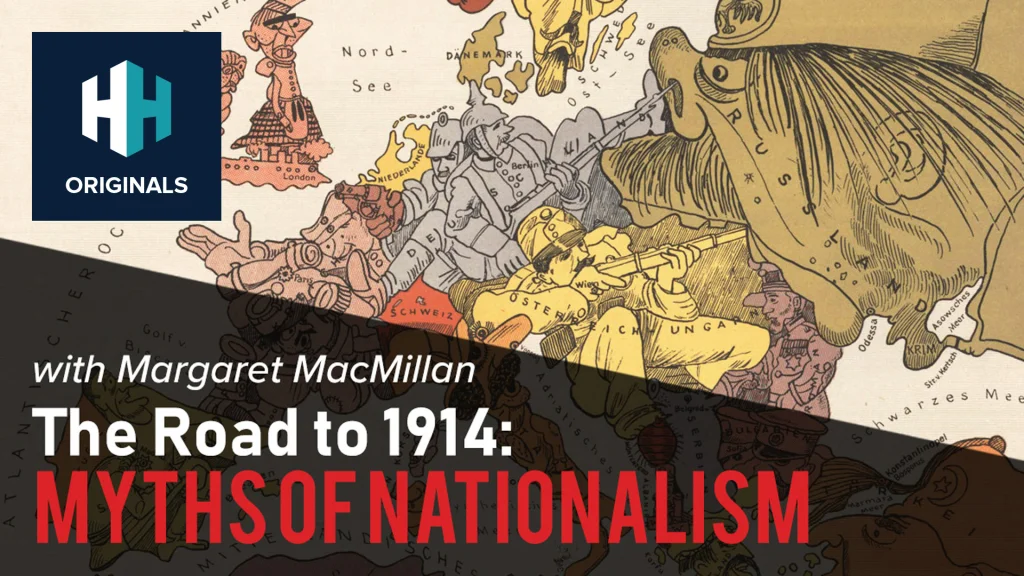20. Paul Cambon

French Ambassador to London: Played an important role in securing British support for Paris.
19. Winston Churchill

British Chief Lord of the Admiralty: Advocated that the United Kingdom adopt a strong stance against German aggression, and authorized the mobilization of the Royal Navy.
18. H. H. Asquith
British Prime Minister: After Berlin disregarded the Treaty of London by invading Belgium, Asquith had George V declare war on Germany.
 Watch Now
Watch Now17. Erich Ludendorff

German General: Instrumental in the offensive against Belgium.
16. Helmuth von Moltke the Younger

German Chief of General Staff: After Wilhelm received Grey’s proposal, he ordered that German forces were re-deployed to the East. Moltke refused to concede this.
15. Conrad von Hotzendorf

Austro-Hungarian Chief of General Staff: Was united with Leopald von Berchtold that Austria-Hungary should attack Serbia after the assassination of Franz Ferdinand.
14. King Albert I of Belgium

King of Belgium: Refused Germany’s request for its Army to cross Belgian territory during the invasion of France. However, had he allowed it, then Britain would have entered the war anyway.
13. Alfred von Tirpitz

German Admiral: A strong proponent of a naval buildup and ‘arms race’ with the United Kingdom, to the detriment of Anglo-German relations.
12. Nikola Pašić

Serbian Prime Minister: Rejected the Austro-Hungarian ultimatum to Serbia, provoking the latter’s attack.
11. Sir Edward Grey

British Foreign Minister: Offered Germany British neutrality in the event that Berlin refrained from attacking France. This did little to abate tensions and emboldened Germany.
10. Heinrich von Tschirschky

German Ambassador to Vienna: During the July crisis he initially urged Austrian caution. After receiving instruction from Berlin to do otherwise, he confirmed Germany’s unconditional support for the Dual Monarchy.
9. Count Leopold von Berchtold

Austro-Hungarian Foreign Minister: Supported of Austro-Hungarian military action against Serbia.
8. Sergey Sazonov

Russian Foreign Minster: A proponent of an active Russian foreign policy in the Balkans tailored to isolate Habsburg influence. Additionally a proponent of Russian general mobilization.
7. Raymond Poincare

French President: Determined to honour alliance with Russia, drawing France into the conflict.
6. Tsar Nicholas II

Russian Emperor: Initially adopted a cautionary approach so as to avoid war with the Triple Alliance but ultimately authorized a mobilization in response to Austro-Hungarian threats against Serbia.
5. Franz Joseph I

Austro-Hungarian Emperor: Authorized military action against Serbia.
4. Theobald von Bethmann-Hollweg

German Chancellor: Strong proponent of Austrian military action, famously referred to the 1839 Treaty of London as a “scrap of paper”.
3. Kaiser Wilhelm

German Emperor: Oversaw Germany’s adoption of an active foreign policy which worsened the country’s relationship with its neighbors.
2. Arch Duke Franz Ferdinand
Austro-Hungarian Heir to the Throne: Assassinated by Princip, prompting Austria’s ultimatum to Serbia.
1. Gavrilo Princip

Black Hand Operative: Assassinated Arch Duke Franz Ferdinand, triggering the July Crisis.
















